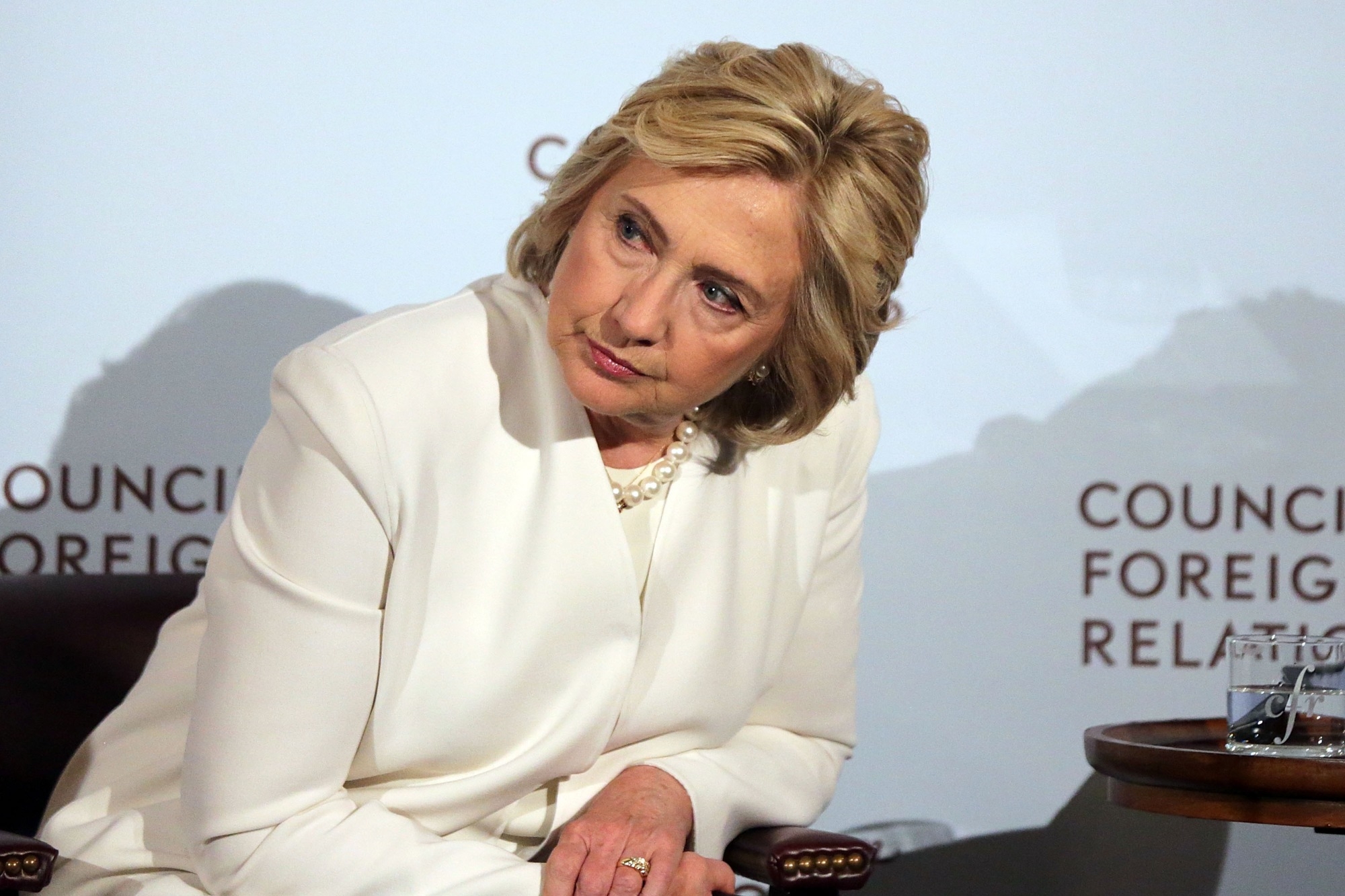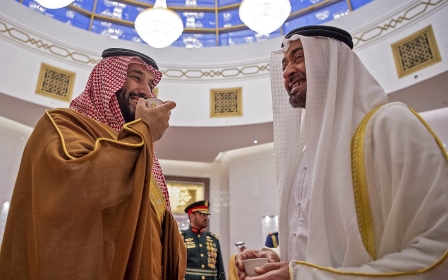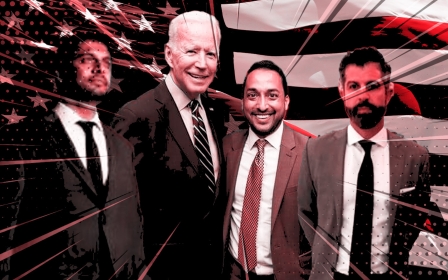Arabic press review: What is Arab media saying about the Clinton emails?

The Clinton emails scandal marked a turning point in the run-up to the 2016 US presidential elections - and mere weeks before the 2020 polls, US President Donald Trump has brought them back into the news.
Trump has called on Secretary of State Mike Pompeo to publicly release emails Hillary Clinton had on a private server while working for the Barack Obama administration - tens of thousands of which had already been leaked in 2016.
While observers in the US are chalking up the renewed discussion of Clinton's emails to Trump's re-election campaign, curiously, the topic has attracted a lot of attention in the Middle East.
Between 2009 and 2013, Clinton served as secretary of state during a crucial period in the history of the Arab region, including the early years of the so-called Arab Spring, when a wave of revolutions and popular uprisings spread across several countries.
With her tenure coinciding with such a momentous era of Arab political history, there has been plenty of conjecture in Arab media - perhaps revealing as much about those writing the news as the correspondence being discussed.
A glimpse into modern Egyptian history
The Egyptian Institute for Political and Strategic Studies (EIPSS), a research organisation operating from Turkey, has launched a project to analyse the Clinton emails.
"Revealing these confidential correspondences that have dealt with this era is of great importance," read a report published on Wednesday, "regardless of the evaluation of these emails and the political position behind it."
The institute said one document revealed that former Egyptian President Hosni Mubarak, who was ousted in February 2011, had "sought to promote a Western conspiratorial plan to control Egypt, just as Chinese propaganda used to justify any popular uprising that takes place in the country".
The institute has called on researchers and experts to join the study, which will be published on the institute's website, in order to achieve a deeper understanding of this phase of Egypt's modern history - and to understand US policy regarding the events that took place at the time.
Gulf Twitter abuzz
In a matter of hours on Sunday, Saudi and Emirati social media accounts circulated tens of thousands of tweets misleadingly reporting that new Clinton emails had been leaked, Arabic website Noonpost reported - despite the news being five years old.
But why such a flurry of coverage, the website asks.
"It is clear that this systematic campaign aims to distract the world from the crises that Riyadh and Abu Dhabi are currently facing, and achieve an imaginary victory by using misleading information to cover up the political and economic failure of the policies of [Saudi Crown Prince Mohammad] Bin Salman and [Abu Dhabi Crown Prince Mohammad] Bin Zayed," Noonpost wrote.
The news outlet noted bin Zayed had been "facing a massive wave of criticism due to the normalisation agreement his country signed with Tel Aviv in Washington on 15 September", adding that MBS, as the Saudi crown prince is known, had also been dealing with dissent, including the creation of a new opposition party earlier this month calling for democracy in the Gulf kingdom.
US responsible for the Arab Spring?
Meanwhile, Abu Dhabi-owned news website Al-Ain published a column alleging that that "Clinton's emails have revealed the political abuses and moral degradation of political elites in some countries in the region, coupled with a lack of awareness and naivety on the part of US elite, which has dragged the Arab region into an endless chain of chaos and division".
The article added: "Those who read Clinton's emails will be surprised by the wise and courageous role that countries like Saudi Arabia and the United Arab Emirates have played in preserving the integrity of Arab states, as both countries have embarked in recent years on the path of eliminating plans aimed at sowing chaos in the region.
"The information leaked through Hillary Clinton's emails could force the next US administration to reprioritise its strategic relations in the Arab region by giving greater influence to the moderate Arab coalition led by Riyadh and Abu Dhabi," the columnist went on to write.
New campaign against Qatar
Meanwhile, Qatari newspaper Al-Sharq took aim at the Trump administration for bringing the Clinton emails back to the fore, pointing out how the news has been a boon for Doha's rivals, namely Riyadh and Abu Dhabi.
"As soon as US Secretary of State Mike Pompeo pledged to publish the emails of the former secretary of state and presidential candidate... the Emirati media machine has been working to launch misinformation campaigns against Qatar," the publication wrote.
"The UAE tried, through its suspicious media, to transmit messages against Qatar and Al Jazeera to Arab and Gulf public opinion, hinting that both parties have a connection to an alliance between the Democrats in the US and the Muslim Brotherhood," al-Sharq added.
An electoral gamble
Why has this issue come back to the fore now, some news outlets have wondered. UK-based Alkhaleej Online spoke with Khaled al-Jaber, director of the MENA Center for Research in Washington DC.
"These emails, which Trump and his administration are betting on, are just a storm in a teacup and will not prove to be a real boon in the coming elections," Jaber predicted.
"Trump has become unable to attract undecided voters, especially since his Democratic rival does not have major scandals to be unveiled, so he ordered the disclosure of these emails as a tactic to win the elections," he added.
Jaber stressed that the emails concerned Hillary Clinton alone and not current Democratic candidate Joe Biden or his entourage, and "do not reveal any major scandals within the Democratic Party", adding that, while these materials are of great interest to people in the Middle East, they are unlikely to sway a significant portion of the American electorate.
*Arabic press review is a digest of reports that are not independently verified as accurate by Middle East Eye.
Middle East Eye delivers independent and unrivalled coverage and analysis of the Middle East, North Africa and beyond. To learn more about republishing this content and the associated fees, please fill out this form. More about MEE can be found here.





